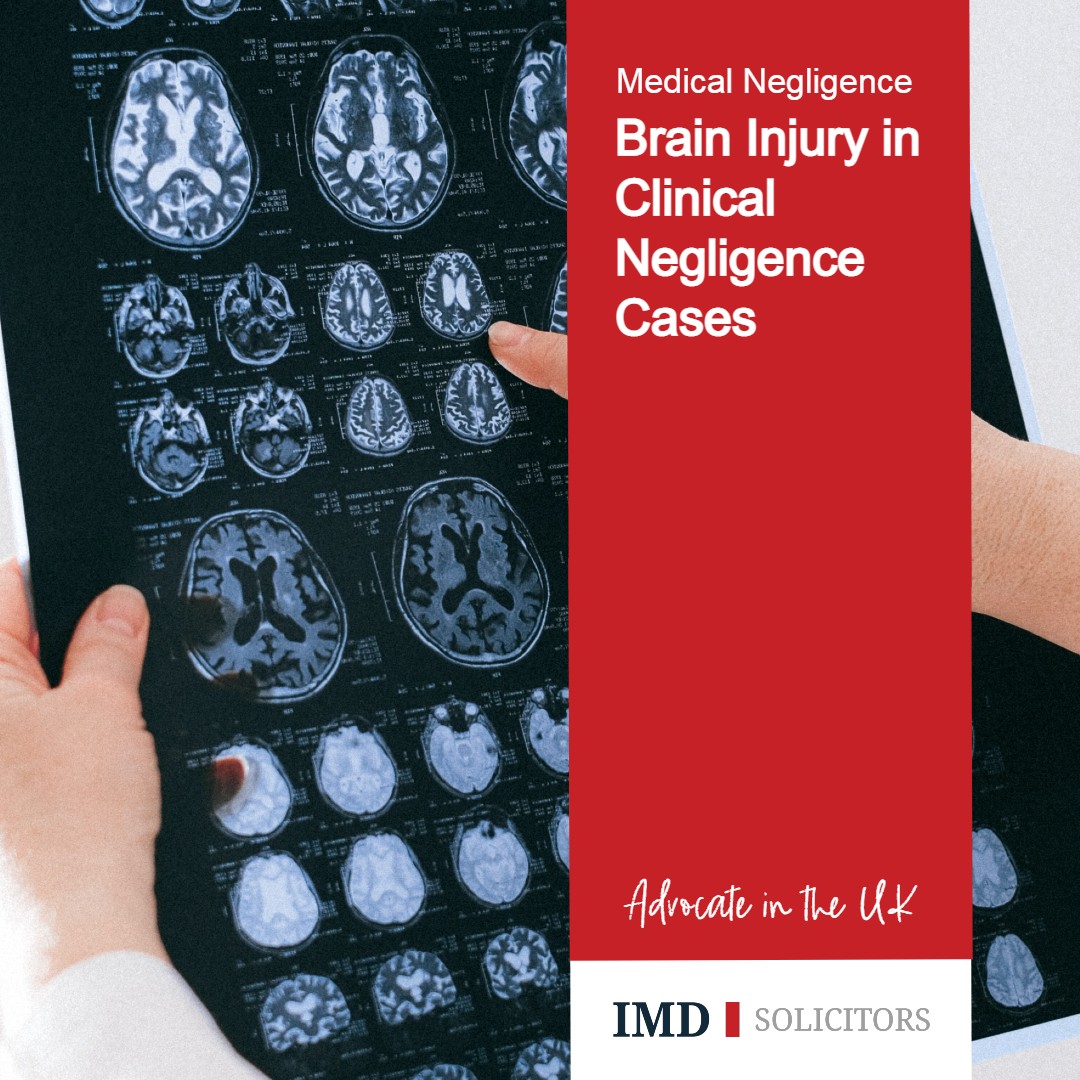
In our last article we spoke about brain injury in clinical negligence claims and the many different factors we, as Claimant lawyers need to be aware of when we represent our clients who may have suffered a brain trauma due to medical negligence.
Here we will talk about the issues concerning vulnerable witnesses in such cases. A recent change in law to the overriding objective in relation to vulnerable witnesses came into 6th April 2021. There is a requirement to take into account less obvious vulnerability as well. Both sides have an obligation to deal with cases justly to ensure parties are on an equal footing, to ensure parties can participate fully in the proceedings and, to ensure witnesses can give their best evidence.
Sometimes, there may be a not so obvious vulnerability. This is where we must ask, is there a witness who is vulnerable through say, a learning difficulty, age, cognition, language barrier? Or are they vulnerable due to social, domestic, cultural circumstances or due to other factors?
As lawyers we need to ensure the right measures and allowances are put in place, such as aids, interpreters, intermediaries to help them and the judge when they give evidence.
Families with people of catastrophic brain injury can sometimes feel they are not noticed and they too can be vulnerable. They can suffer ambiguous loss where the injured person is still alive but due to the brain injury they are not the same person anymore. Families may find themselves providing care and rehabilitation to the victim while they are learning to adapt to their new reality of having a loved one with a brain injury.
This kind of loss can become a problem because they have been forced into a situation which is beyond their control and it happened unexpectedly. Being an abnormal and distressing situation can impact on those caring for the brain injured victim. For the family this can cause grief and loss as well as add to their vulnerability.
In clinical negligence cases family members can be called to give evidence to support the case as often the victim may not be able to speak for themselves. The pressures on family or friends in caring roles and the impact on them may not be obvious but are factors which can be significant.
As lawyers we are not just there to serve our clients but we are there also to provide empathy and understanding to those in the caring roles who support our clients.
There will be further posts on brain injury and clinical negligence cases as this is just one example of the issues we come across when we represent our clients who have a brain trauma caused by medical negligence. The writer gives thanks to the recent Skeleton series lectures, courtesy of 7 Bedford Row Chambers. These talks provided a thoughtful insight on the subject of brain injury. We are doing out bit by sharing this knowledge here.
This article is for general information only and does not constitute legal or professional advice. Please note that the law may have changed since this article was published.